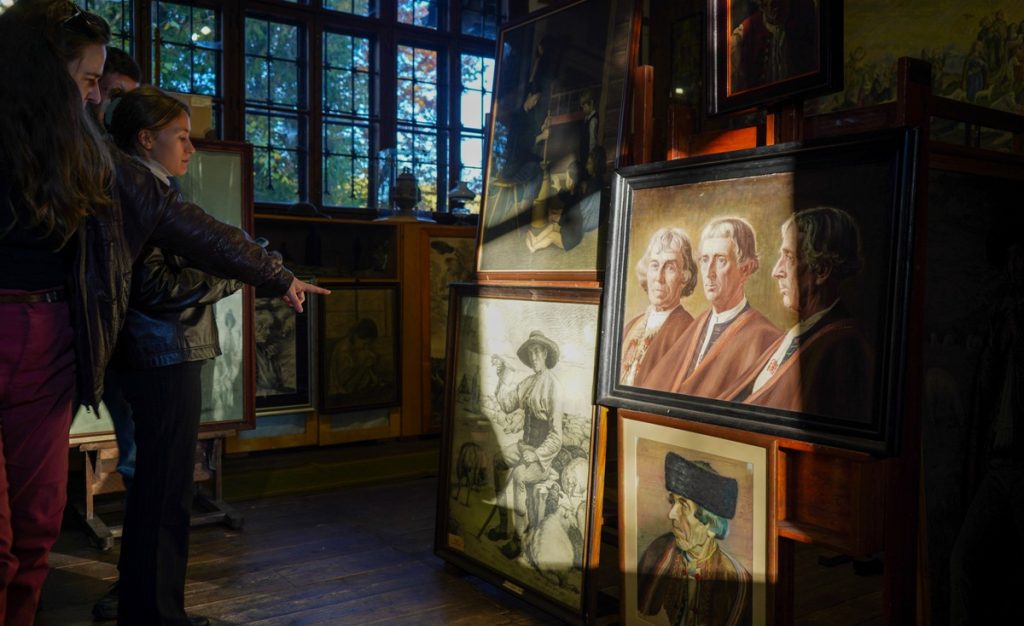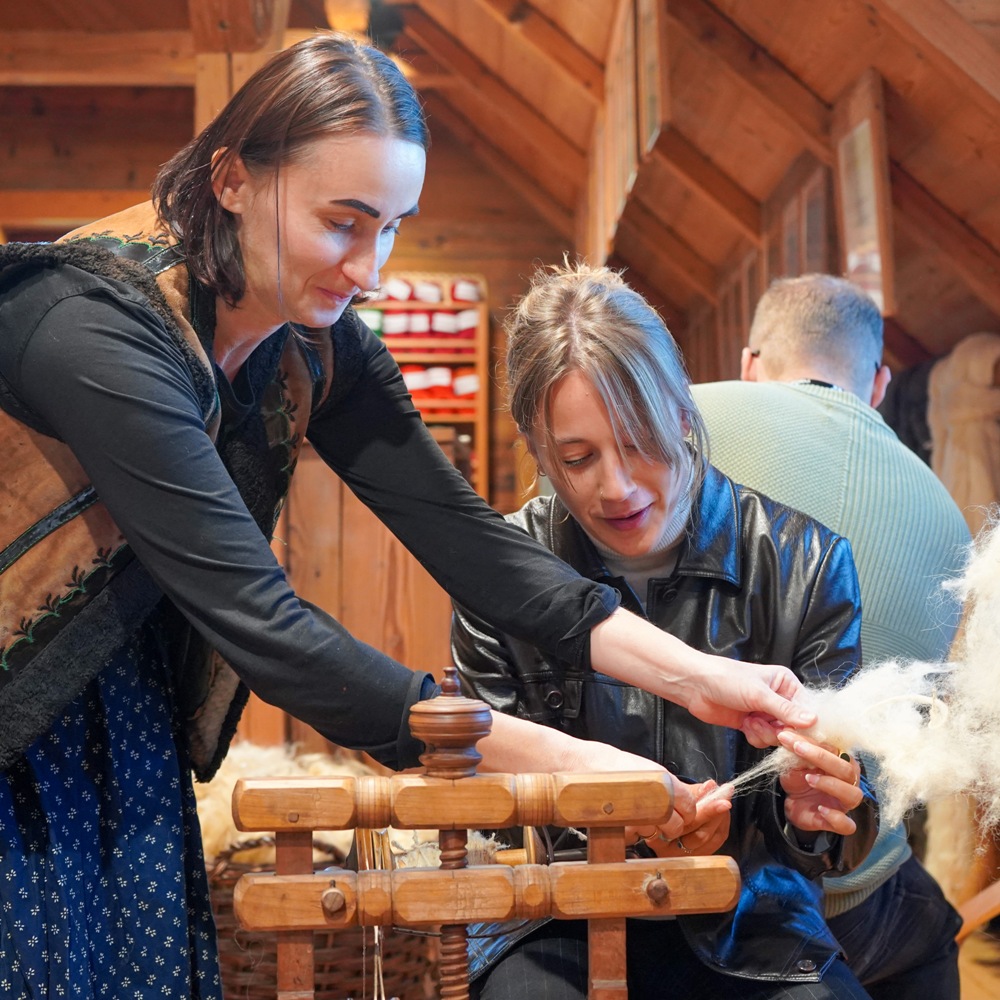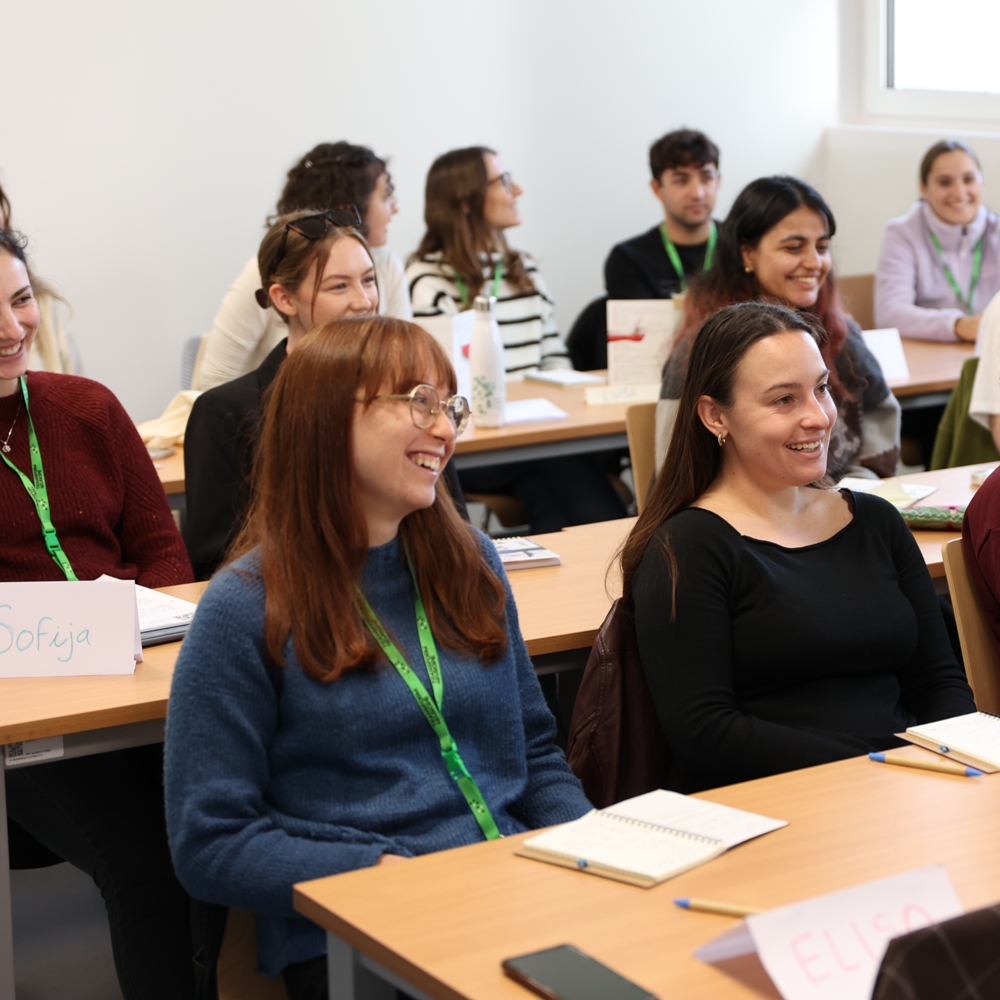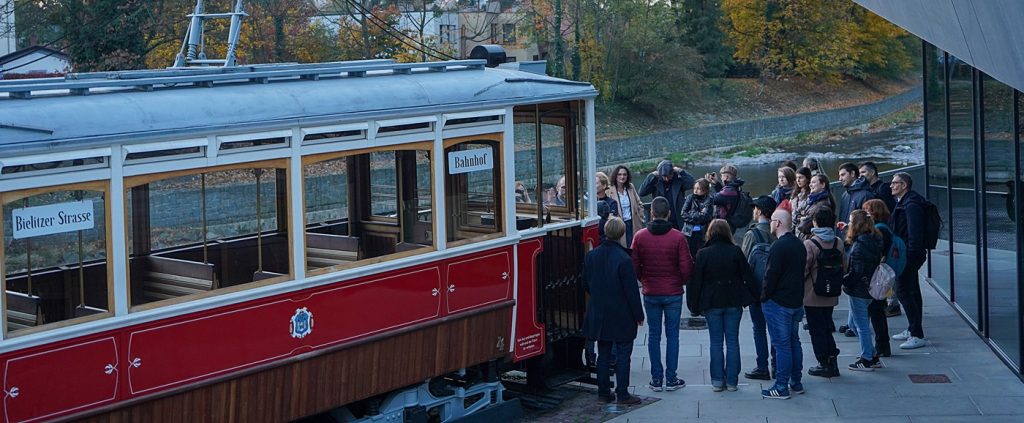Common Heritage and Multilingualism
Led by the University of Trieste, Italy
When Cultural diversity
plays a key role
We are strengthening Europe’s shared values by promoting cultural heritage and multilingualism as a central piece of the European way of life. It builds on the premise that Europe’s diversity in culture and languages is a source of unity and strength.
What we do
We want to make language learning more accessible and engaging while involving cultural institutions like galleries, libraries, archives and museums (GLAMs) in fostering the Common European Heritage with citizens.

Through the T4EU Multilingual Campus programme, we wish to encourage collaboration across regions to promote sustainable development through cultural heritage initiatives. By extending its focus beyond universities to cultural and societal environments, we integrate transformative heritage and digital tools to engage broader communities. The ultimate goal is to inspire dialogue and mutual understanding to create a cohesive, inclusive future where cultural and linguistic diversity plays a key role.
Key tasks
T4EU GLAM+ Strategy
We are creating a regional culture and heritage policy with a T4EU GLAM+ network, cultural calendar, and festival, promoting European values and enhancing societal impact.
Pictured: During the T4EU Regional Heritage Workshop | Photo by Konrad Matinyarare

T4EU Multilingual Campus
We foster multilingualism with streamlined language programmes, certification, and open resources, integrating language skills into curricula across the Alliance.
Pictured: T4EU Week is a great time to develop language skills | Photo by Przemysław Kowal

Cultural Heritage and Multilingualism in 2024
700+
participants engaged
25
days of events
74
GLAM partners engaged
We are proud of
The First Round of Regional Heritage Workshops
The Transform4Europe Annual Heritage Conference took place on 22–23 October at the Museum of Metallurgy in Chorzów and the University of Silesia campus in Cieszyn. Entitled ‘Common European Heritage – Theoretical Framework, Values, Sustainability’, the Conference featured panels on sources, values, and theoretical frameworks, along with visits to the Polish-Czech borderland. Participants of the ‘Heritage at Work’ workshop presented their research outcomes, sparking a rich debate on heritage sustainability and its role in local identity and development.

Transformative Steps
The first bi-annual calls for common cultural activities
T4EU Cultural Calendar on the T4EU website
T4EU Multilingual Campus Strategy
The first version of the Sustainable Heritage White Paper
The concept for Sustainable Heritage student competitions
A roadmap for the GLAM ecosystem in different regions
We are ready for 2025
Our remarks for the future:
- expanding partnerships,
- enhancing digital tools,
- deepening community engagement for lasting impact.
Common Heritage and Multilingualism Team


